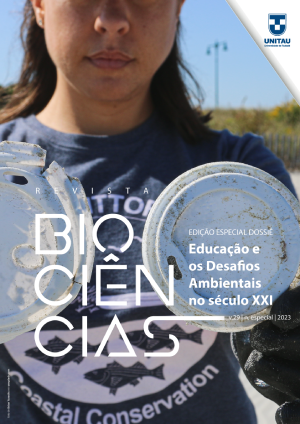Educação Ambiental
um caminho sustentável para combater as mudanças climáticas
Abstract
Climate change is emerging as an urgent global challenge with profound impacts on the environment and society. In this scenario, environmental education (EE) emerges as a vital tool to facilitate understanding of the complex linkages between human activities and climate impacts, to raise awareness and motivate individuals towards sustainability, and to demonstrate how daily decisions affect nature. This thesis examines the importance of EE in addressing climate change, emphasizing its role in raising awareness of the causes and effects of climate variability, promoting environmental responsibility, and motivating practical mitigation and adaptation actions. Taking into account technical, cultural and social aspects, the analysis underlines that EE is fundamental in raising awareness about the impacts of climate variability and serves as a starting point for behavioral changes and environmental actions. In this way, it emerges as a key element in building a future with more responsible and sustainable practices aimed at balancing our relationship with the environment. The ongoing training of teachers plays an important role in this process, as they have a direct impact on the dissemination of knowledge about climate change and the promotion of environmental responsibility among students. This approach not only contributes to mitigating climate change, but also strengthens the individual's connection to nature, fostering greater respect and care for the environment, which is essential to addressing global environmental issues.






